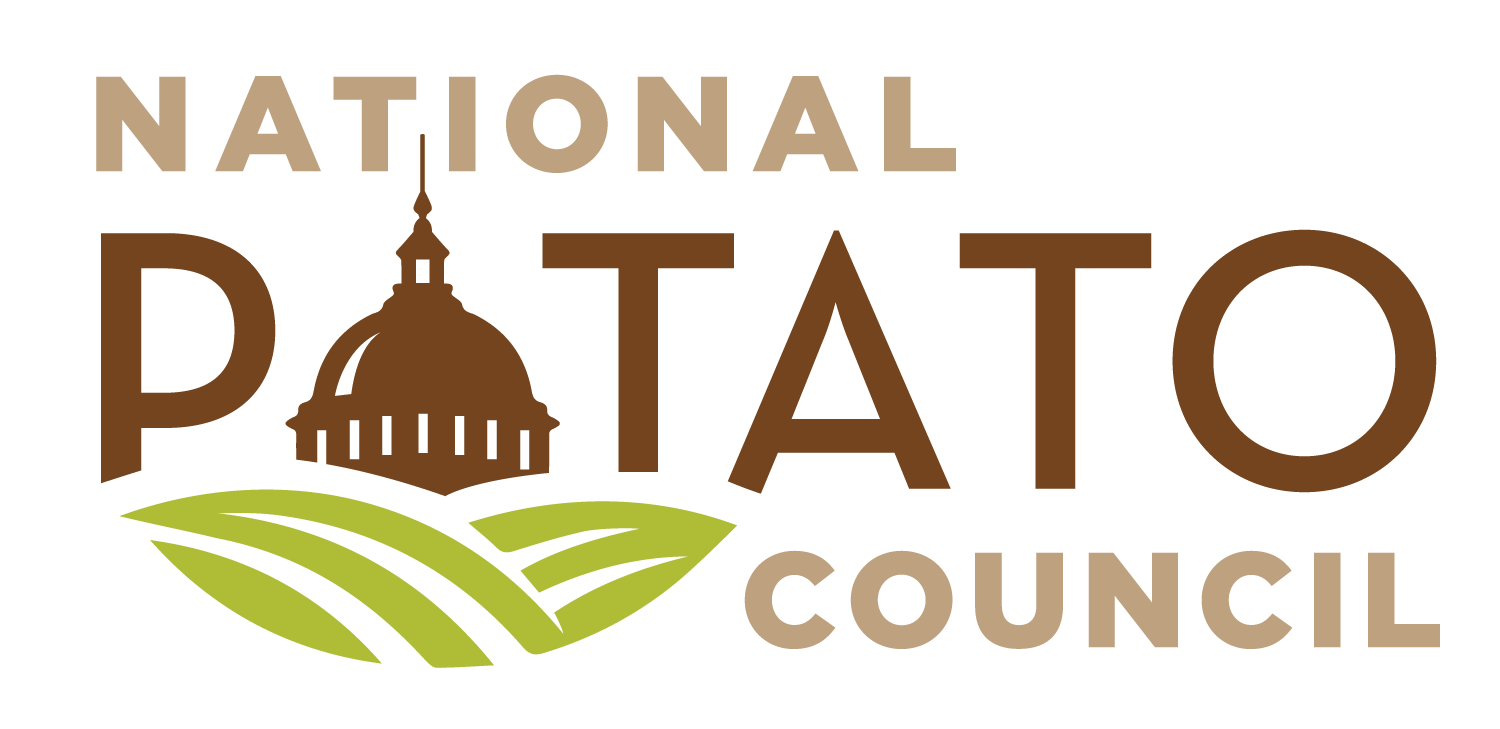
WASHINGTON – The Specialty Crop Farm Bill Alliance (SCFBA) today called on Congress to advance a bipartisan farm bill that prioritizes investments in specialty crops, ensuring the long-term viability and competitiveness of growers.
Ryan Talley, vice president and co-owner of Talley Farms in Arroyo Grande, Calif., testified before the House Agriculture Committee during a hearing on “Examining the Economic Crisis in Farm Country.” Representing SCFBA, Talley emphasized the urgent need for a bipartisan solution to the agriculture workforce crisis and outlined key policy priorities essential for inclusion in the next farm bill.
“Investing in specialty crops is good value for the taxpayer’s money and benefits all Americans,” Talley said. “Our products make up nearly half the farm gate value in the U.S., yet we receive only a fraction of farm bill resources. It’s time for Congress to correct that imbalance.
“When you invest more in specialty crops – which include nutrient-dense fruits, vegetables, and tree nuts – you are also investing in the long-term health and security of the American people.”
Talley’s testimony highlighted key challenges facing the specialty crop industry, including rising input costs, limited access to crop protection tools, market disruptions and natural disasters. Labor remains the largest expense for specialty crop producers, with costs soaring over 40 percent in the past four years.
“Our growers are battling rising labor costs, unpredictable foreign markets, and natural disasters,” Talley noted. “Food security is national security, and ensuring a stable domestic food supply requires strategic investments.”
SCFBA also emphasized the need for a modernized safety net tailored to specialty crop producers. Talley urged Congress to support reforms that make crop insurance more accessible and effective for specialty crop growers.
“We need a safety net that works for all specialty crop growers,” Talley said. “Our 2025 recommendations will include comprehensive reforms to crop insurance, ensuring an adaptable, affordable, and effective system that meets the needs of our industry.”
SCFBA outlined key policy recommendations for the upcoming farm bill, including:
- Increased funding for research and development, particularly for crop protection and labor-saving technologies.
- Enhanced federal procurement programs to ensure more nutritious specialty crops reach American consumers.
- Technical assistance for growers adapting to extreme weather and natural disasters.
- Reforms to crop insurance to provide meaningful coverage to specialty crop growers for the first time.
- Increased support for longstanding specialty crops programs that are chronically under-funded and over-subscribed, such as the Specialty Crop Research Initiative, Specialty Crop Block Grants, and trade-related Technical Assistance for Specialty Crops program.
“Specialty crop growers face unique challenges, and our industry needs solutions tailored to our realities,” Talley concluded. “We urge Congress to pass a bipartisan farm bill that invests in the long-term competitiveness of American agriculture.”
SCFBA is a national coalition of more than 200 specialty crop organizations representing growers of fruits, vegetables, dried fruit, tree nuts, nursery plants and other products. In early 2023, the alliance released a set of key policy priorities as part of its Farm Bill recommendations. The Alliance is in the process of updating these recommendations for the new Congress.
The SCFBA is co-chaired by Cathy Burns, CEO of the International Fresh Produce Association; Mike Joyner, President of the Florida Fruit & Vegetable Association; Dave Puglia, President and CEO of Western Growers; and Kam Quarles, CEO of the National Potato Council.
# SCFBA #
The Specialty Crop Farm Bill Alliance is a national coalition of more than 200 organizations representing growers of fruits, vegetables, dried fruit, tree nuts, nursery plants and other products. The Alliance was established to enhance the competitiveness of specialty crop agriculture and improve the health of Americans by broadening the scope of U.S. agricultural public policy. For more information, visit farmbillalliance.com.

